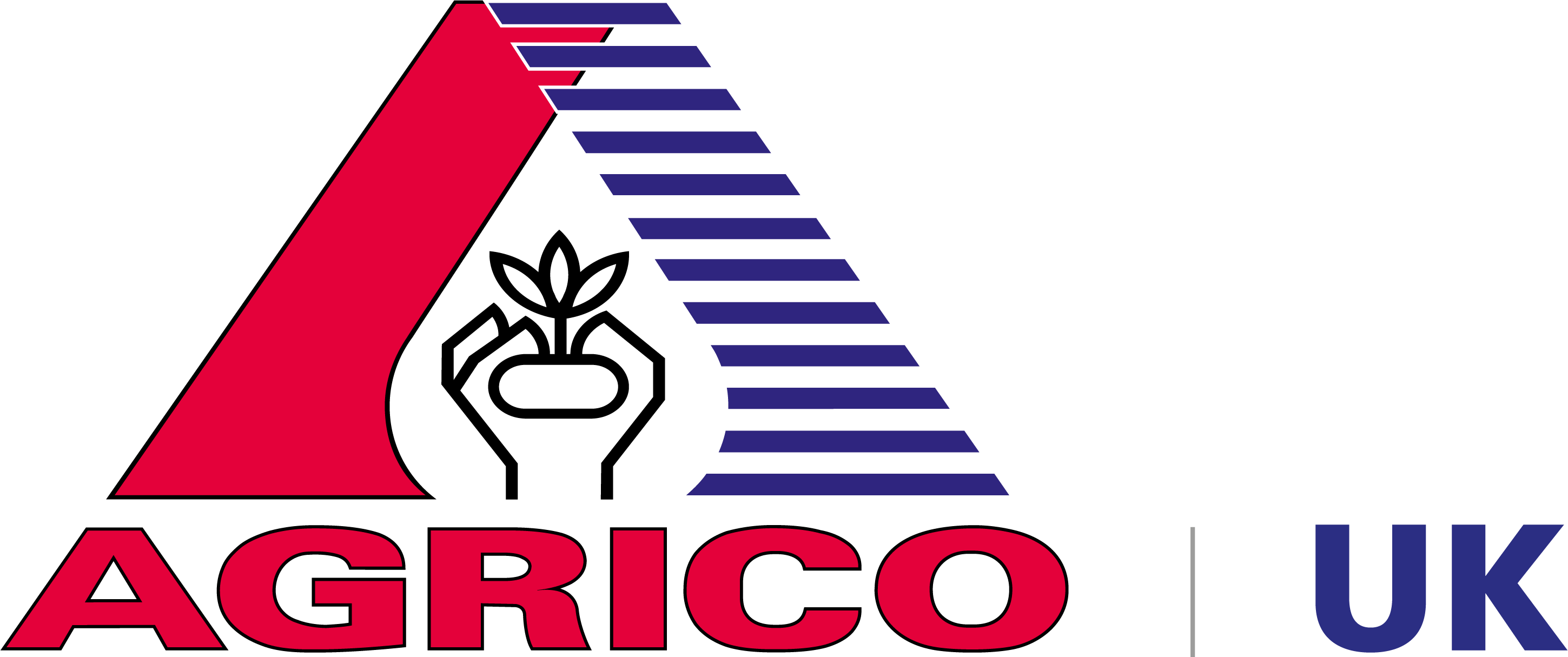The birth of Babylon
Say potato, Say Agrico

THE EARLY YEARS
At their market-launch, despite being 12 years old and costing in region of €1million in R&D, the success of new a potato variety still hangs in the balance.
For seed and ware growers alike, the risks of growing new varieties are high but so are the potential rewards. We find out what’s motivating growers of Babylon, a new yellow flesh processing variety from Agrico, to plant hectares of a potato that is very much finding its feet in the marketplace.
THE SEED GROWER
If we weren’t hopeful, we would never try
“Fundamentally, we’re trying to predict variety trends,” says seed grower, Peter Shields. Based on the Mertoun Estate on the Scottish Borders, Peter, farms 130 hectares of seed potatoes. “It takes a little optimism but if we weren’t hopeful, we would never try.
“In total we grow 15 or 16 varieties each year, of which one or two will be new. About 50% of those new varieties become commercial options. Those that are rejected aren’t always ‘bad varieties’, sometimes it is simply that they don’t suit the land or the climate here.”
A result of the extensive R&D that goes into breeding new varieties
Peter says he gets a fair amount of information on new varieties before they come on-farm – a result of the extensive R&D that goes into breeding new varieties - but it still takes two or three years to know whether a variety is going to work. Bablyon is going into its second year and following the farm’s standard trial process for new varieties.
“We normally bring in Pb2 stock, multiplying it on for use as commercial plants the following year,” he explains. Last year we grew about 1.5ha of Babylon. It was in a field with some other established varieties and received the same agronomy package. Some was sold to ware growers, for growing on as a ware crop the remainder being kept on farm for further multiplication. This year we are growing 4ha of Babylon in total.
So far, the variety is looking promising
“It is in a field of its own this year, so we'll get a better idea of what it is, and what it isn’t going to do. So far, the variety is looking promising. It has bred reasonably well; numbers were good and it got up to size really quickly. There weren’t any issues with disease, we didn’t see any blackleg for example, and it was relatively easy to kill off which, from a seed growers’ perspective, is a big benefit.”
Peter stores harvested crops through until April with the bulk of grading landing in March and April just in time for planting. “Last year, Babylon was in the long-term store. Being a processing variety, ware growers tend to want it just in time for planting so it is a busy time for us, fulfilling orders. Babylon behaved well in store, but we have to be cautious; it’s easy to read too much into this early data. We really need to see it on a larger, scale to understand all its characteristics”.
With those commercial scale trials starting this year, Peter is hoping to get a better idea of the agronomic nuances of the variety. “It’s still too early to make any commercial decisions. The big thing for me is that processors are asking for it and there's demand.”
THE WARE GROWER
One of the UK’s largest producers for the fish and chip shop market
Christopher Lee’s family has been growing potatoes for over 60 years and is one of the UK’s largest producers for the fish and chip shop market. Renowned for selling premium quality potatoes in large quantities throughout the year, P J Lee & Sons Limited have an enviable reputation.
The family farms across a 35mile radius and takes a high input, high output approach and is always on the lookout for new varieties that meet his stringent criteria. As well as demanding the best possible frying qualities, Christopher matches varieties to soil type and pest pressure.
A quick scale-up and rigorous market testing
“Today we’re growing around 1,600 acres of Markies, as well as 250 acres of Agria and a small fraction of Performer,” explains Christopher. “Agria is grown on our strongest land, where it’s not possible to irrigate, and Performer is grown for its Pallida resistance on some my grandfather’s favourite acres.”
Christopher’s approach to new variety trials includes a quick scale-up and rigorous market testing.
“We start with a couple of hessian 25kg sacks,” explains Christopher. “We’ll grow it on for a year or two, put a couple of trays in with the other potatoes to see how they store, then test their fryability in March, April and May. If they fry well, we’ll have a tonne or two, and build up the acreage from there.
We need to try and get as close to farm practice as soon as possible
“We’ve always had a field of trials, usually 10-15 acres,” he continues. “We do large field trials because we need to try and get as close to farm practice as soon as possible. There are pros and cons. If we have any issues and we’ve done a decent size trial, we get some really good data but we can also have 40 boxes of something that's unsalable. In the back of my mind, I’m thinking if I’d have planted Markies, I’d have them out the door and a nice little profit in my pocket. Hindsight is a wonderful thing!
We need to know how well they fry across our portfolio
“We put new varieties out to our more discerning chip shop fryers and ask them for constructive feedback. We need to know how well they fry across our portfolio of end-users which all treat our potatoes slightly differently. Some double fry, some single fry, some use sunflower oil, others in beef dripping. We also need feedback on whether they sit well in hot boxes.”
Some of the issues that arise Christopher can address agronomically, enzyme greying, for example, but he says this takes a couple of seasons. So far Babylon has been well received by P J Lee & Sons’ customers, and is now entering its fourth year so Christopher feels he’s a good handle on optimising its production.
Babylon has proven to have very few internal defects
“Babylon yields slightly better than Agria and the plants look healthier. That’s partly because it's a newer variety and hasn't been multiplied up so many times. It’s got loads of vigour too.”
Babylon is thriving on the farm’s stronger mineral-rich soils. Christopher uses precision farming with variable rate applications and is applying, on average, 150-180kg/ha of nitrogen, 100kg/ha phosphorus and 300kg/ha potassium. He says Babylon has proven to have very few internal defects, strong Alternaria resistance and drought tolerance as well as, strong skins enabling late storage.
“We’re spacing tubers at 35cm. While we’ve not had any hollow heart with Babylon yet, we’re mindful of its parentage and its tendency for vigorous growth and bold tubers. With Agria we’ve found if we have rainfall after a dry spell, the tubers grow too fast. By reducing the spacing, we restrict that growth and prevent incidences.”
Current seed issues and restrictions
Christopher can see Brexit accelerating the proportion of Babylon grown on farm. “With the current seed issues and restrictions, I can see us only having English or Scottish seed, which will mean 10% of our crop – that acreage with the strongest soil types - will be Babylon now.
“We’ll be aiming it for the premium end of our range and will go in the longer-term stores to give us the biggest return.”
Crop management
While Babylon maybe proving to be one of Christopher’s key varieties, he’ll continue to trial others. For him, communication is key. The farming operation is very much a team effort and he relies on his storeman, Graham to highlight both the good and bad, allowing Christopher and the agronomic team to look at any differences in crop management. This, he says, is what gives father, Richard, the edge, allowing him to trade consistently high-quality produce and offer customers continuity of supplies until the foreign samples arrive from Spain in July.


